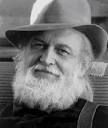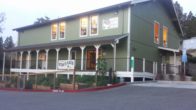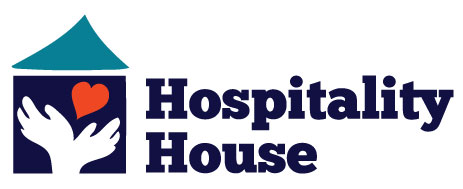“You can’t understand most of the important things from a distance, Bryan. You have to get close.”
Bryan Stevenson, Just Mercy
http://www.eji.org/BryanStevenson
The suffering of the poor isn’t subtle; I first encountered it as a very young child. I grew up in Glencoe, Illinois, an affluent suburb north of Chicago on Lake Michigan. My family lived near the depot of the commuter train that ran up from Chicago to Milwaukee. Trains rumbled past our house morning and night, their engines lurching to a restless stop and revving back up again as they departed the station. Most passengers on that line in the 1950s were businessmen going to and from their offices in downtown Chicago, but also, going in opposite directions, were many African-American women coming to work domestic jobs in the suburbs and returning home at night to the city’s South Side.
The sight of those women walking wearily back to the station at the end of the day haunted me. One of them, Ruby, a large, openhearted woman, came to our house once a week. I watched her hoist heavy pails of dirty water around the house, crouch on her knees to scrub the kitchen floor, and wrestle the unwieldy vacuum cleaner step by step up our narrow carpeted stairs. As the day went by, it wasn’t lost on me that her morning smile went down with the waning sun. At nightfall, she trudged to the train with the other women, each on her way home to make her family dinner and care for her own children.
I always wondered why their lives were manifestly so much harder than those of the white women around me. It seemed so unfair. A lifetime of contemplating the reasons for poverty has provided many complex answers to that question, but it hasn’t changed my feelings one whit. My involvement at Hospitality House https://hhshelter.org/, a shelter in a rural county in the Sierra Nevada foothills northeast of Sacramento, California, has been a response.
In 2005 I co-founded Hospitality House along with several other people, including my late husband Utah Phillips.

https://en.wikipedia.org/wiki/Utah_Phillips.
Utah had been homeless himself for two years after a devastating stint in the Korean War. [link to Utah] He passed away in 2008, never knowing about the permanent shelter building we acquired through a grant from the Housing and Urban Development Department in 2010. We named it in his honor: Utah’s Place. Some people think I became involved with the shelter because of Utah, but that isn’t true. During my time as a volunteer, I got close, and remain close, to many of the homeless guests at Hospitality House.
At the House, I’ve witnessed many people’s struggles; each one, whether won or lost, has been a meaningful story, often raw, about what we humans do and are. My purpose in this blog is to share those stories as respectfully and accurately as I can. I’ll change people’s names and may change genders and specific details to protect confidentiality. My motivation is to honor suffering and redemption, and to hold up a mirror, for however unusual their content may seem, these stories not only touch us, they describe us.
 My first story, which happened a few years ago, is about Hannah, an older woman who arrived by taxi at Utah’s Place, seeking her lost infant. She was short and squat, as though stunted in childhood by a heavy load placed on top of her head. Although she kept her eyes focused meekly on the floor and seemed excruciatingly vulnerable, something in her manner commanded attention.
My first story, which happened a few years ago, is about Hannah, an older woman who arrived by taxi at Utah’s Place, seeking her lost infant. She was short and squat, as though stunted in childhood by a heavy load placed on top of her head. Although she kept her eyes focused meekly on the floor and seemed excruciatingly vulnerable, something in her manner commanded attention.
“Is Joseph here?” she whispered. “Have you seen my baby?”
I hope you’ll join me next week for the rest of this story. You can receive future posts in your inbox by clicking on the subscribe button on the right.
